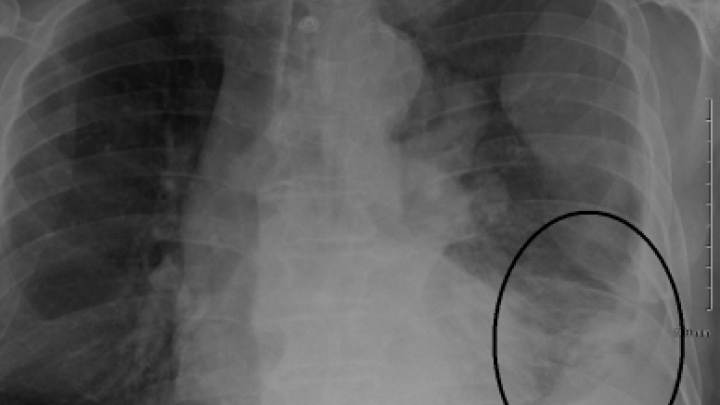Ovarian Cancer - The Silent Killer
Ovarian cancer is a cancer that starts in a woman’s ovaries and can quickly spread to surrounding organs. The exact cause of the disease is unknown, although women who have children later or not at all seem to be at a higher risk. Women who have a history of ovarian or breast cancer in their family are also at higher risk, as are those who suffer from endometriosis. Mutations in two genes, BRCA1 and BRCA2, are responsible for about 10% of all ovarian cancer cases, and women who carry these mutations have anywhere from a 15% to 40% higher risk.
Ovarian cancer is largely asymptomatic in its early stages, making it hard to detect and diagnose. By the time the cancer is detected, it has often advanced to other areas of the abdomen and the cancer has reached stage three or four. At this stage, survival rates are very low and most patients die within five years. Ovarian cancer progresses very fast because the ovaries get a large supply of blood and are the factories of the female sex hormones, estrogen and progesterone, which drive the growth of cancerous cells. If ovarian cancer is diagnosed in the early stages, the rate of survival is almost 90%.
Another reason that this cancer is hard to detect is because there is no reliable screening as yet. Because the ovaries are small and lie deep inside the body, a pelvic ultrasound and examination won’t always detect early stages of cancer. The CA 125 blood test is not a reliable indicator, as it can return a positive result if the woman has non-cancerous conditions like endometriosis, fibroids, pelvic infection or pregnancy.
Symptoms of ovarian cancer
During the early stages of this cancer there are a few subtle symptoms to watch out for. Many of these symptoms are also common in other conditions, especially digestive and bladder disease, as well as other gynaecological problems. However, if any of these persist daily for more than two or three weeks, you should see your gynaecologist immediately.
Bloating or a feeling of fullness.
This symptom makes it difficult to eat and is usually accompanied by a feeling of pelvic heaviness.
Abnormal menstruation
This includes bleeding between periods or heavier than normal bleeding during menstruation.
Digestive disorders and pain
Constipation, excessive gas, indigestion and nausea with vomiting are all possible symptoms. Pelvic or abdominal pain is also common.
Sudden and frequent urge to urinate
While this symptom can also indicate a urinary infection, if it is present along with other symptoms, it can indicate cancer.
Backache
Backache that worsens over time and does not respond to usual treatment is a common symptom.
Detecting and diagnosing ovarian cancer
If any of the above symptoms persist for several weeks on a daily basis, your gynaecologist can carry out some tests to investigate the cause. These tests include a pelvic or trans-vaginal ultrasound and a pelvic examination. Both these tests are done to detect any change in size or shape of the ovaries. In addition, a CA 125 blood test may also be done. If all these tests lead your doctor to suspect abnormalities, you may need to take a CT scan. The final step is to undergo laparoscopic surgery and biopsy to confirm a diagnosis of cancer.
From the results of the surgery, the doctor will be able to tell at what stage the cancer is at. At stage one, the cancer is confined to just the ovaries and at stage two it has spread to the uterus or fallopian tubes. At stage three it spreads to areas like the lymph nodes, which are outside the pelvis but within the abdomen. At stage four it has spread to organs outside the abdomen.
Catching ovarian cancer early
If the cancer is caught in one of the first two stages, chance of survival is good. To enable early treatment, do not ignore any of the above symptoms and talk to your doctor and soon as possible. During stage one or two of ovarian cancer, the most common symptoms are bloating, difficulty eating and urinary problems. These symptoms are common for other less serious conditions, but it is important to see your gynaecologist so you can be tested. A hysterectomy, chemotherapy and sometimes radiation can eliminate the cancer before it spreads to other organs, thus ensuring that the patient’s survival odds are high.
References:
- ncbi.nlm.nih.gov/pubmedhealth/PMH0001891; A.D.A.M. Medical Encyclopedia; 12/15/2011
- mayoclinic.com/health/ovarian-cancer/DS00293; Mayo Foundation for Medical Education and Research; Nov. 11, 2010






















